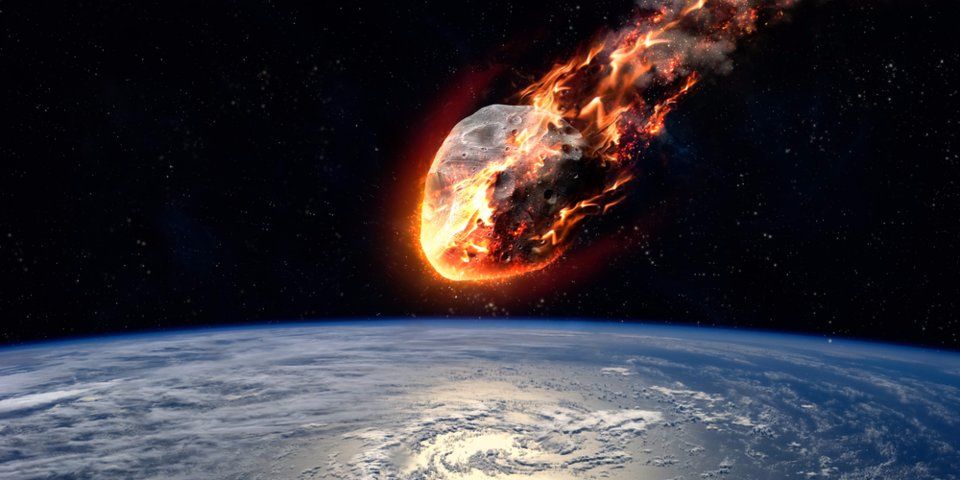Aug 10, 2018
Risks for Life on Habitable Planets from Superflares of Their Host Stars
Posted by Alexei Turchin in categories: alien life, economics, evolution, existential risks
We explore some of the ramifications arising from superflares on the evolutionary history of Earth, other planets in the solar system, and exoplanets. We propose that the most powerful superflares can serve as plausible drivers of extinction events, and that their periodicity corresponds to certain patterns in the terrestrial fossil diversity record. On the other hand, weaker superflares may play a positive role in enabling the origin of life through the formation of key organic compounds. Superflares could also prove to be quite detrimental to the evolution of complex life on present-day Mars and exoplanets in the habitable zone of M- and K-dwarfs. We conclude that the risk posed by superflares has not been sufficiently appreciated, and that humanity might potentially witness a superflare event in the next $\sim {10}^{3}$ years, leading to devastating economic and technological losses. In light of the many uncertainties and assumptions associated with our analysis, we recommend that these results should be viewed with due caution.
















